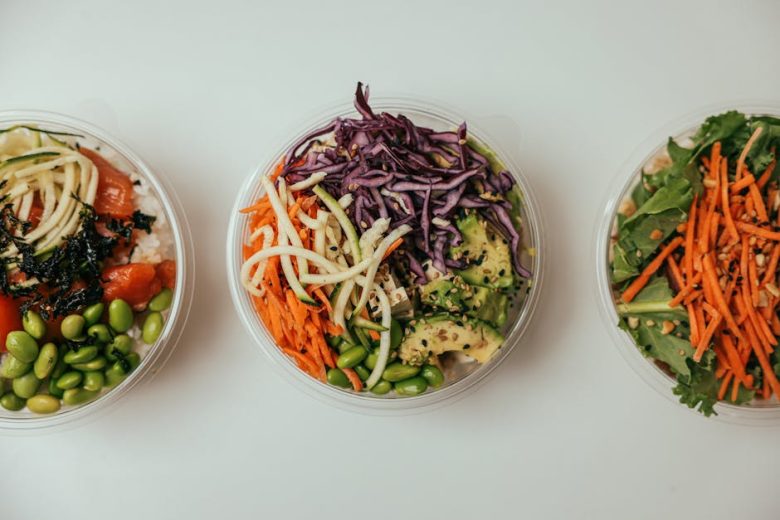In today’s fast-paced world, convenience has become the cornerstone of our daily lives. From pre-packaged meals to smartphone apps that deliver anything at the touch of a button, we have engineered our routines to prioritize speed and ease over traditional methods. While this shift has undeniably provided us with unprecedented comfort and efficiency, it has also sparked a growing concern about the hidden costs associated with our relentless pursuit of convenience. Are we unknowingly sacrificing our health, well-being, and even our relationships in exchange for a few extra minutes saved each day?
As we delve deeper into this issue, it becomes clear that the implications of our choices extend far beyond mere time management. The rise of convenience culture has led to a significant increase in processed foods, sedentary lifestyles, and social isolation. With each passing day, we inch closer to a reality where convenience reigns supreme, but at what expense? This article seeks to explore the multifaceted consequences of our convenience-driven society, shedding light on the emotional and physical toll it may take on individuals and communities alike.
One of the most concerning aspects of our obsession with convenience is the increasing reliance on processed foods. Pre-packaged meals and snacks, often laden with preservatives and unhealthy additives, have become staples in many households. While they save time and effort, these foods can contribute to a myriad of health issues, including obesity, diabetes, and heart disease. The emotional impact of these health risks is profound; individuals may feel trapped in a cycle of poor dietary choices, leading to feelings of guilt, frustration, and hopelessness. The convenience of grabbing a quick meal can quickly transform into a recipe for long-term health complications.
Moreover, the convenience culture has fostered a sedentary lifestyle that poses additional threats to our well-being. With the rise of streaming services, online shopping, and remote work, physical activity has taken a backseat in many people’s lives. The emotional repercussions of this shift are significant; isolation and loneliness can ensue as individuals spend more time indoors and less time engaging with their communities. The lack of social interaction and physical movement not only affects mental health but also exacerbates physical health issues, creating a vicious cycle that is difficult to escape.
Another emotional facet of this issue is the impact on our relationships. As we prioritize convenience, we often neglect the time and effort required to nurture our connections with family and friends. The art of cooking together, sharing meals, and engaging in meaningful conversations has been replaced by quick takeout and screens. This shift can lead to feelings of disconnection and loneliness, as the very relationships that provide us with support and joy become strained. The convenience of technology and fast food may seem appealing, but the emotional cost of sacrificing quality time with loved ones is a heavy price to pay.
Despite these challenges, there is hope for a shift in our perspective on convenience. By becoming more aware of the hidden costs associated with our choices, we can make intentional decisions that prioritize our health and relationships. Embracing a mindset of mindfulness can lead to a more balanced approach to convenience, one that allows us to enjoy the benefits of modern life while still valuing the importance of healthful living and meaningful connections. Cooking together, engaging in outdoor activities, and fostering community ties can all serve as counterbalances to the isolating effects of convenience culture.
In conclusion, while the allure of convenience is undeniable, it is crucial to recognize the potential costs that come with it. From health risks associated with processed foods to the emotional toll of isolation and strained relationships, the consequences of our choices are far-reaching. However, by fostering a greater awareness of these issues and making conscious decisions, we can reclaim our time and well-being, ensuring that convenience serves us rather than dictates our lives. The journey toward a healthier, more connected existence may require effort, but the rewards are well worth it.



